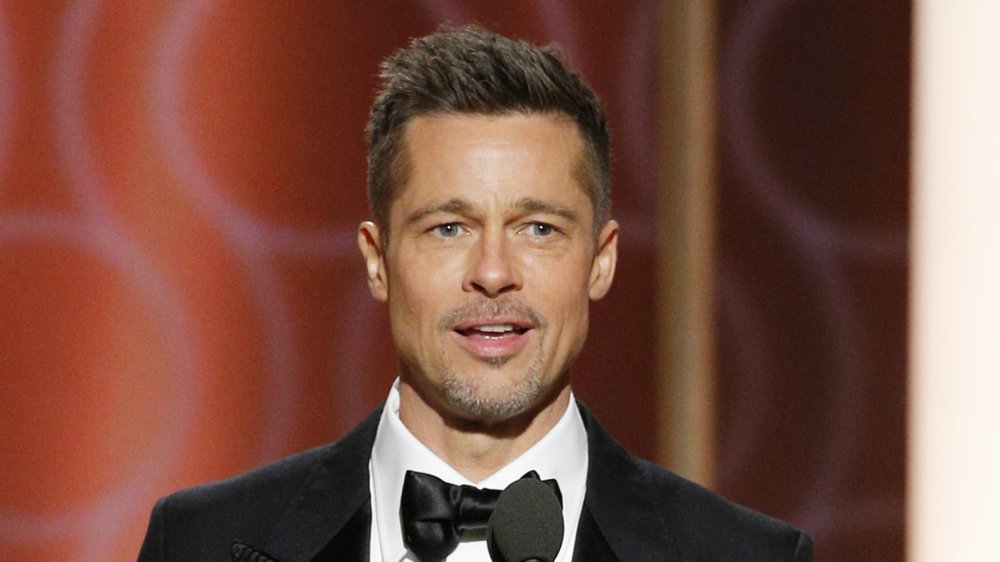The Brad Pitt Drama That's Dominating Netflix
It's understandable if you feel the need to double-check the calendar, but October is upon us, and even in 2020 that means playoff baseball is here.
The stakes are getting higher. The fans are getting more invested (or, at least, remembering that baseball has been going on). Considering this added interest, it's no surprise to see that one of the most prominent modern baseball movies is rising quickly up the Netflix charts: director Bennett Miller's Aaron Sorkin-penned 2011 front-office drama Moneyball.
Moneyball stars Brad Pitt and Jonah Hill as Billy Beane and Peter Brand, the general manager and assistant general manager of the Oakland Athletics. They're joined by a roster of talented veterans, promising young up-and-comers, and former professional baseball players in supporting roles. Robin Wright, Phillip Seymour Hoffman, and Chris Pratt all turn in memorable performances, as do players-turned-actors Stephen Bishop and Casey Bond.
What is Moneyball about?
Moneyball is based on a 2003 nonfiction book by author Michael Lewis, who also wrote the books that were adapted into The Blind Side and The Big Short. Book and film tell the story of Beane, who's tasked with assembling a competitive baseball team on a budget significantly smaller than those of the sport's traditional powers for the 2002 season.
Beane recruits a Yale economics graduate named Peter Brand to find new ways of determining player value, allowing the team to sign effective but overlooked players for less than the market value. But Beane's new methods draw the ire of the team's old baseball hands, who don't buy into the theory that the numbers can tell you more than the experienced eye. Beane fires the chief scout and trades away players to force the manager to use the ones he and Brand have brought in, and the team slowly begins to climb the standings.
Moneyball was a critical and commercial success, grossing more than $100 million and earning Academy Award nominations for Best Picture, Best Adapted Screenplay, and for Pitt and Hill as Best Actor and Best Supporting Actor, respectively.
How accurate is Moneyball?
On a big picture level, the film gets its true story pretty much right. The Athletics struggled through the early part of the season, and the contributions of acquisitions spotlighted in the film helped them turn their season around and finish first in the American League West before losing to the Minnesota Twins in the playoffs.
However, critics such as baseball writer Jonah Keri have long dinged both the book and the film for the way it buries the contributions of the team's starting pitchers. Tim Hudson, Barry Zito, and Mark Mulder were all among the best in the league at their position in 2002, and all were already on the roster before Beane turned to the analytical approach. Having those three on your squad — not to mention star shortstop Miguel Tejada — represents a significantly greater advantage than the players Beane brought in.
While most of the characters in the film are representations of real people, Brand is a fictional character based largely on assistant general manager Paul DePodesta, who asked that his name be removed from the screenplay. The actual Beane is still with the Athletics, now as executive vice president of baseball relations.
Beane says in the film that he won't be satisfied until the Athletics win the World Series with their methods, and that when that happens they'll have changed the game. As of 2020, analytics far more advanced than what Beane and Brand were using have been widely adopted throughout Major League Baseball. The Athletics still have not won the World Series during Billy Beane's tenure — they made the playoffs in 2020, but were eliminated by the Houston Astros.


